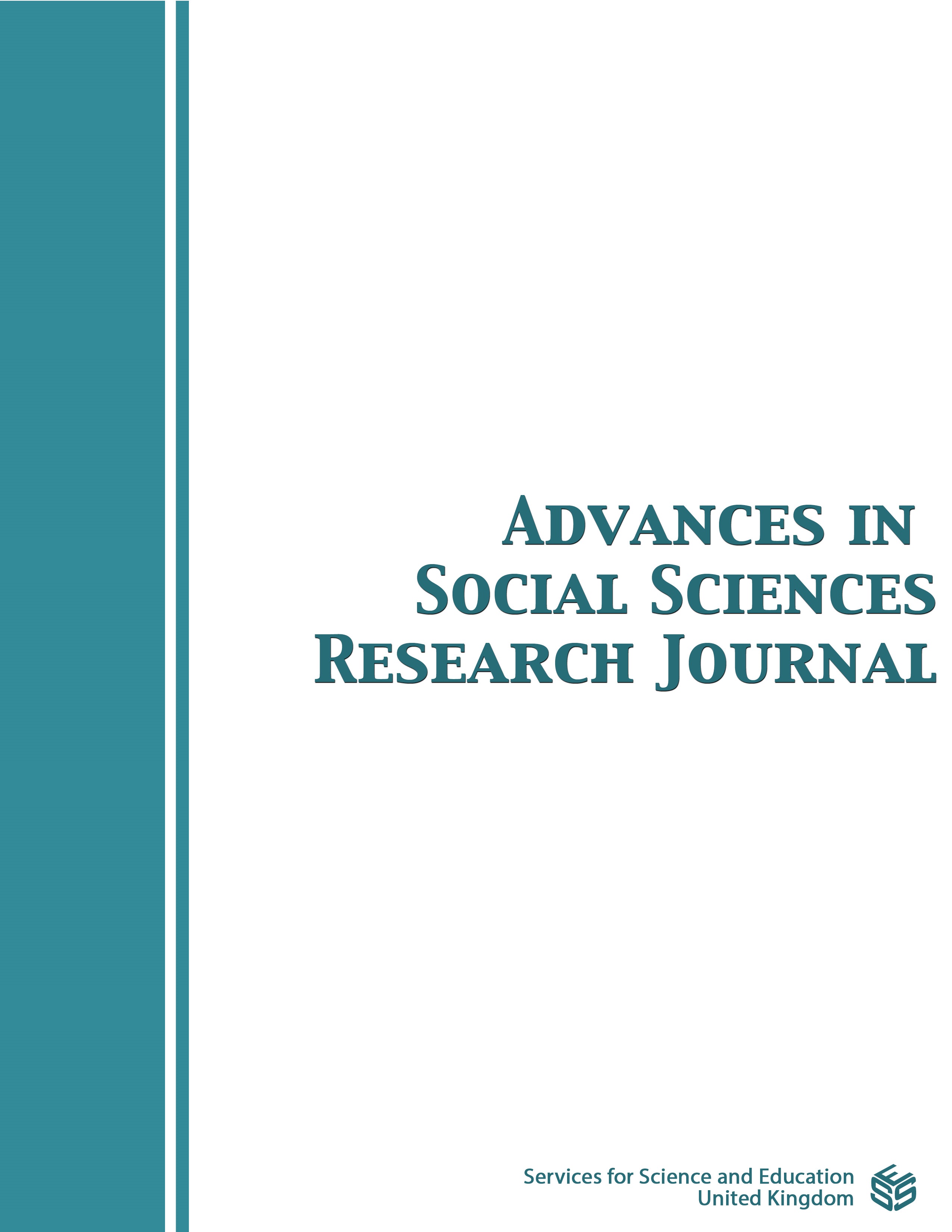Traditional Marriage in Rural Bangladesh: An Ethical Consideration
DOI:
https://doi.org/10.14738/assrj.811.11130Keywords:
Marriage, Objectification and ViolenceAbstract
One of the common arguments to justify the traditional arrangement to marry off daughters in rural Bangladesh is that through this procedure they get a secured life under their husband’s supervision. It is a well-known proposition that if parents really care about daughters, searching for a bridegroom from a well-off family is the best option. Typically, daughters’ families mainly the father arrange such marriage, and the girl’s consent is hardly taken into account. However, I argue this traditional system values only girls’ caregiving and reproductive roles, ignoring all other life-affirming values. If daughters are not free to decide whether to marry or not to marry, their autonomy as human beings are violated. Moreover, considering marriage as a responsibility shifting process could objectify and commodify women in such a way that would destroy potentials to flourish life and make them a victim of violence. There are strong theoretical and empirical reasons to believe that the entire procedure of marriage is ethically blameworthy and detrimental for women. Sufficient ground can be found to put more priority on developing daughters’ competency to make them economically and socially independent so that they can choose when to marry, whom to marry or not to marry.
Downloads
Published
How to Cite
Issue
Section
License
Copyright (c) 2021 Sayeedul Islam Khan

This work is licensed under a Creative Commons Attribution 4.0 International License.
Authors wishing to include figures, tables, or text passages that have already been published elsewhere are required to obtain permission from the copyright owner(s) for both the print and online format and to include evidence that such permission has been granted when submitting their papers. Any material received without such evidence will be assumed to originate from the authors.






